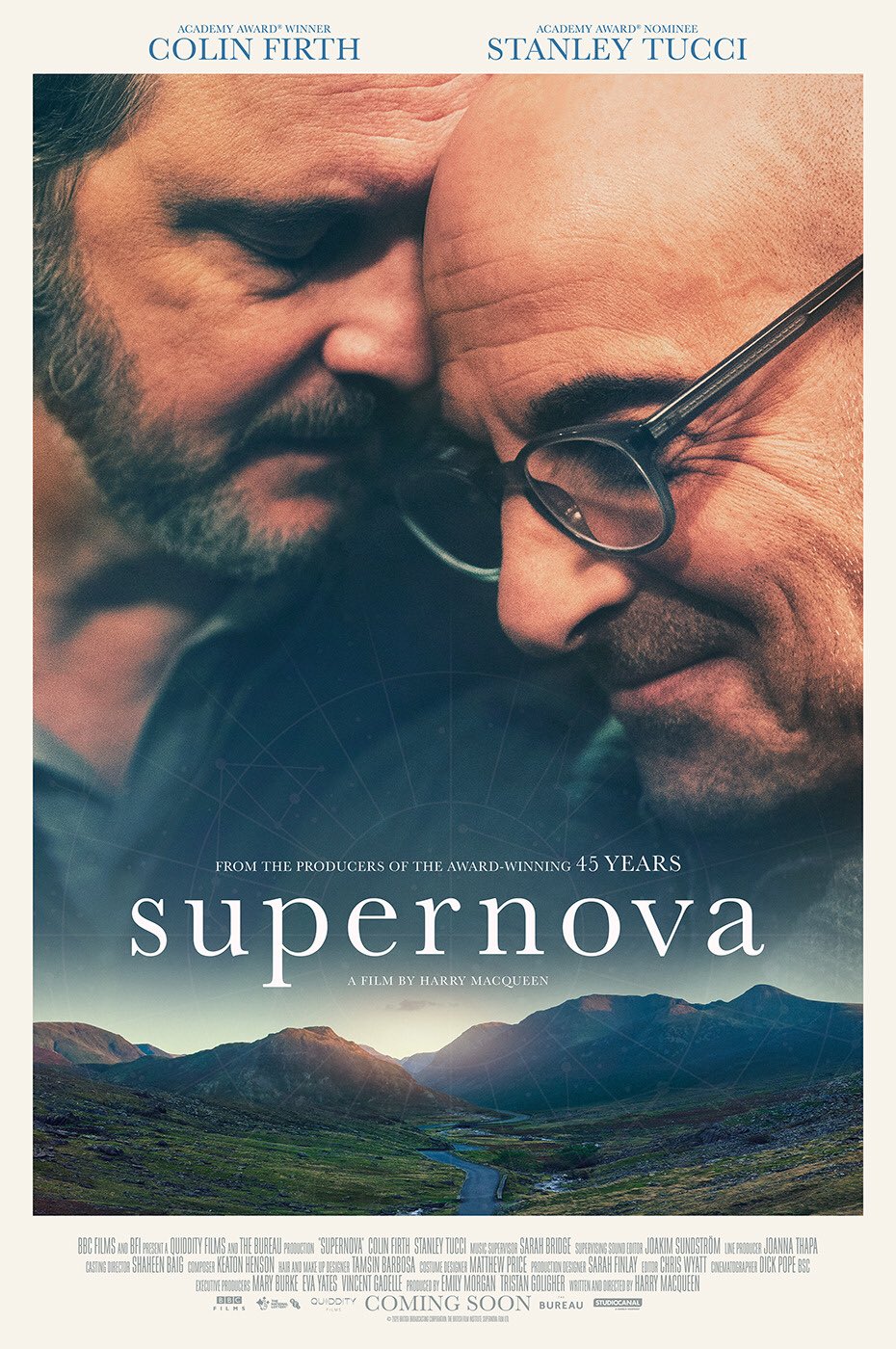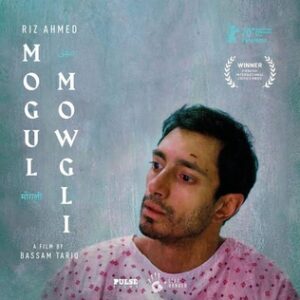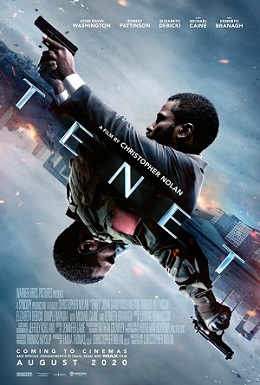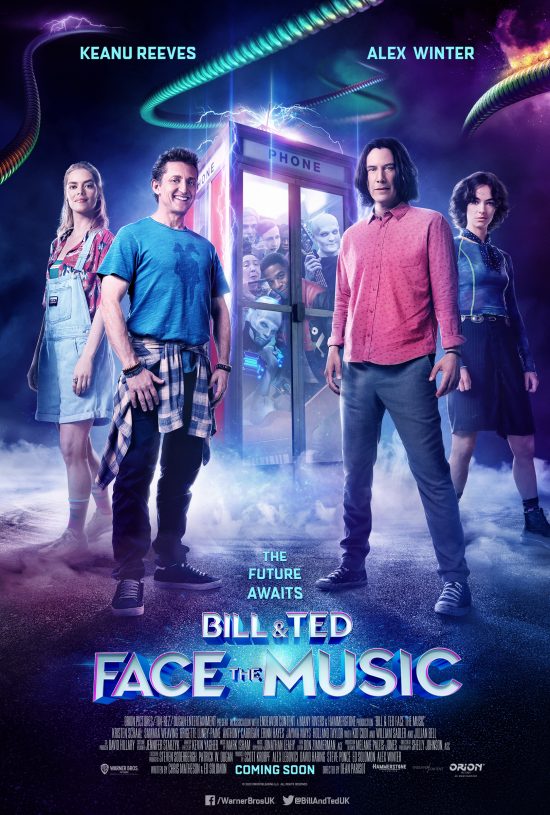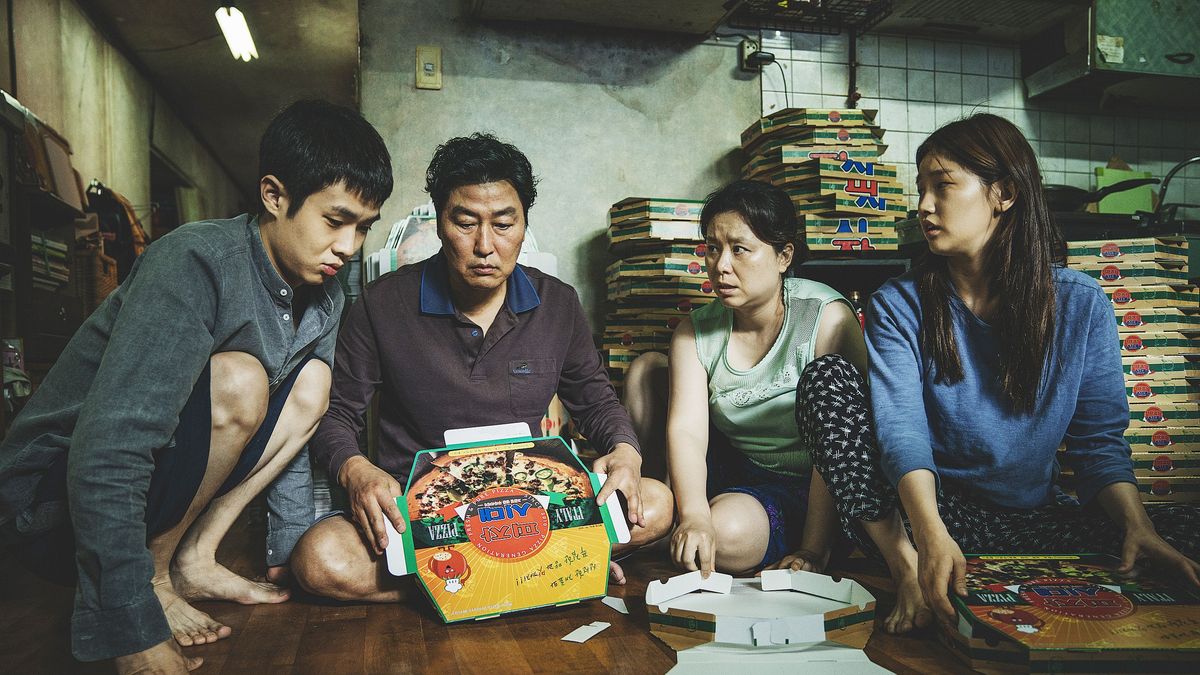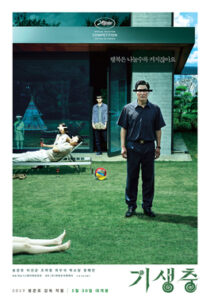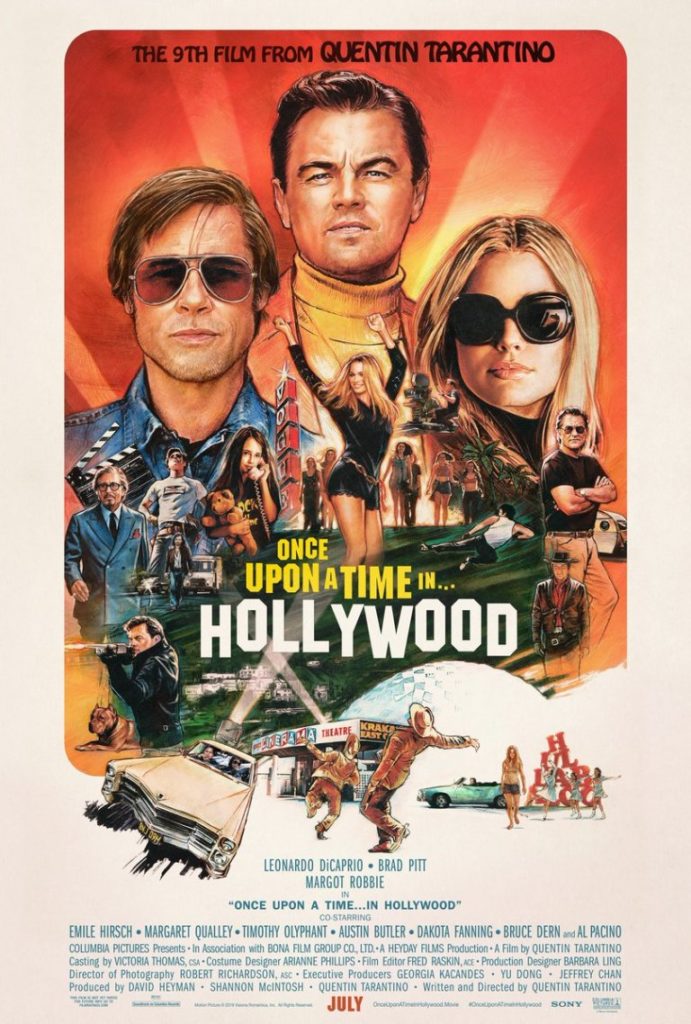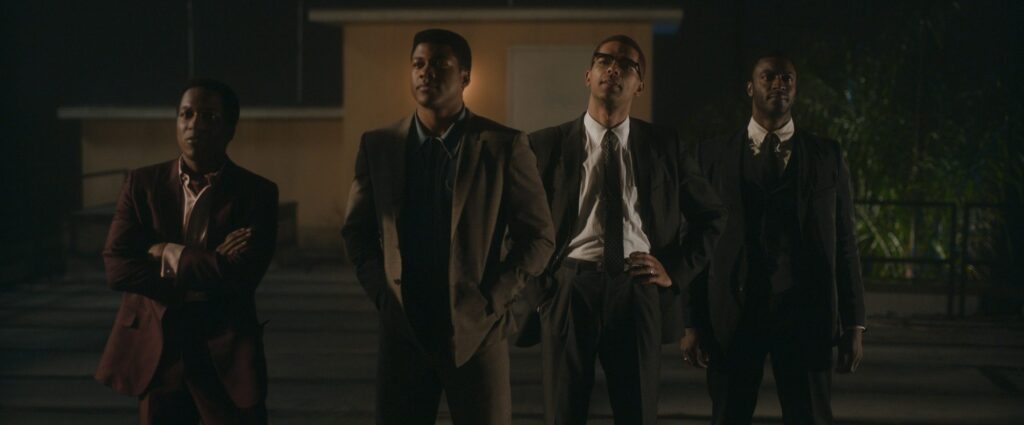
One Night In Miami London Film Festival Review
Adapted from a stage play, One Night in Miami is the debut feature from Regina King, covering a fictional imagining of the night of 25 February 1964 when boxer Cassius Clay, singer Sam Cook, NFL star Jim Phillips and activist Malcolm X all met to celebrate Clay’s surprise win to become heavyweight champion of the world aged just 22.
The film confidently sticks to its theatre roots, with the vast chunk of the 110 minutes solely confined to a small motel room. The compact space is full to bursting with the personalities of the four black icons, who verbally jab bob and weave at each other, sparring just like Clay, but instead of boxing, their conflict is over their approach to their identities, personal and private lives and their success all in their individual struggles against racism. The script particularly focuses on what it means to support the civil rights movement as successful black men, dissecting each of the different character’s approaches and assumptions about each others’.
All four actors perfectly embody the energy, direction and opinions of their given role, Eli Goree’s Clay charmingly bounces off the walls, Aldis Hodges’ Brown is thoughtful yet firm, Leslie Odom Jr.’s Cook is passionately antagonistic with an incredible voice, and Kingsley Ben-Adir’s Malcolm X captures a fiery anger hiding his vulnerability. All have some incredible dialogue to play with, with knockout lines getting served up so fast you can barely keep up.
As it centres around the aftermath of Clay’s fight, he leads us into the film, but as we progress it feels it becomes more focused on Malcolm X’s hidden dilemma over leaving the Nation of Islam, while he hopes to bring Clay to announce his conversion to the public. The tension builds up slowly, with the heated temperatures matching the verbal sparring, especially between Sam Cook and Malcolm X, who believes Cook isn’t doing enough through his songs to help further the cause.
The powerful transformative effect of the night is an incredible sight to see, though the epilogue proves bittersweet with Malcolm X’s famous words “It is a time for martyrs now, and if I am to be one, it will be for the cause of brotherhood. That’s the only thing that can save this country” shown on the screen, along the fact they were spoken a mere two days before his murder.
One Night in Miami is a fantastically absorbing slice of partly-imagined history, with four powerhouse performances capturing the iconic figures’ meditation on race, civil rights and their own personal and private lives on a hot February night in 1964.
